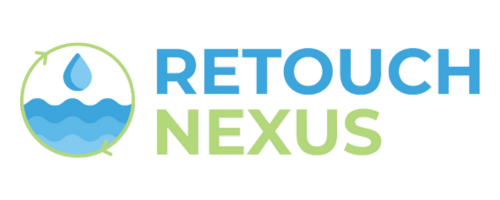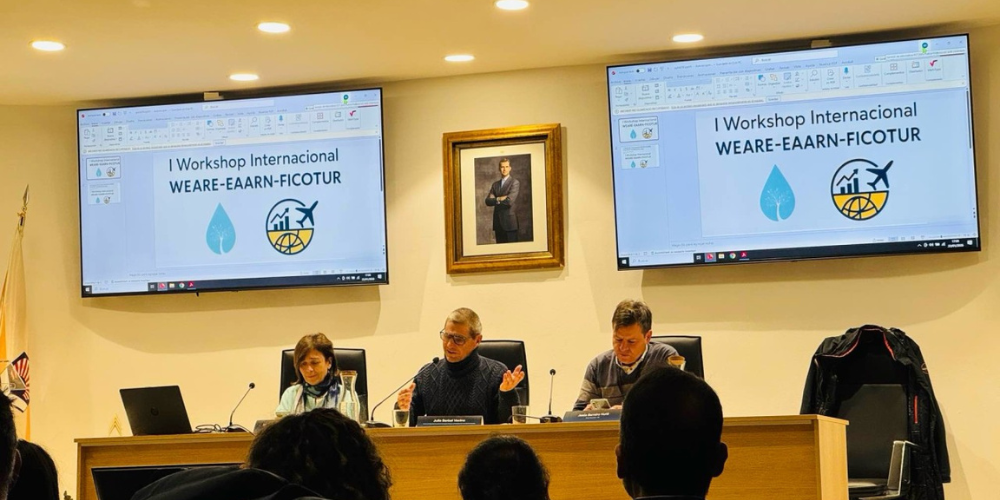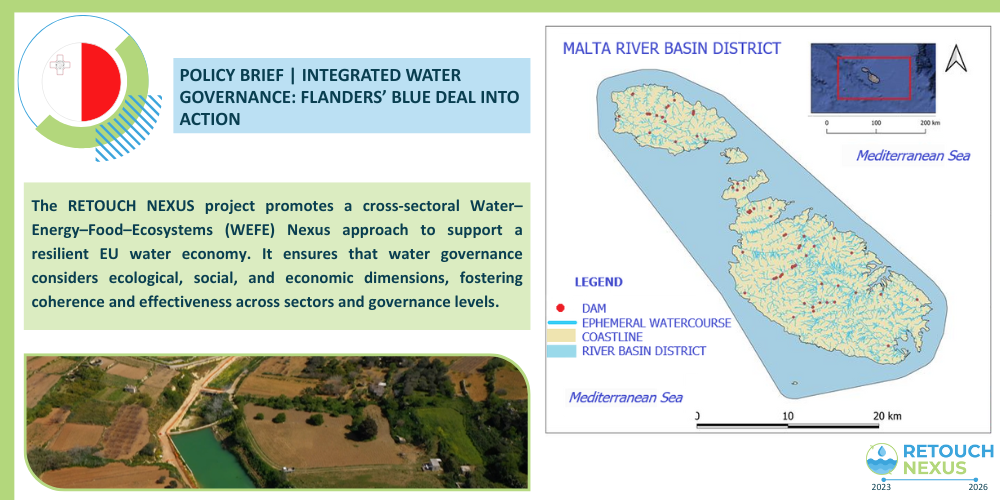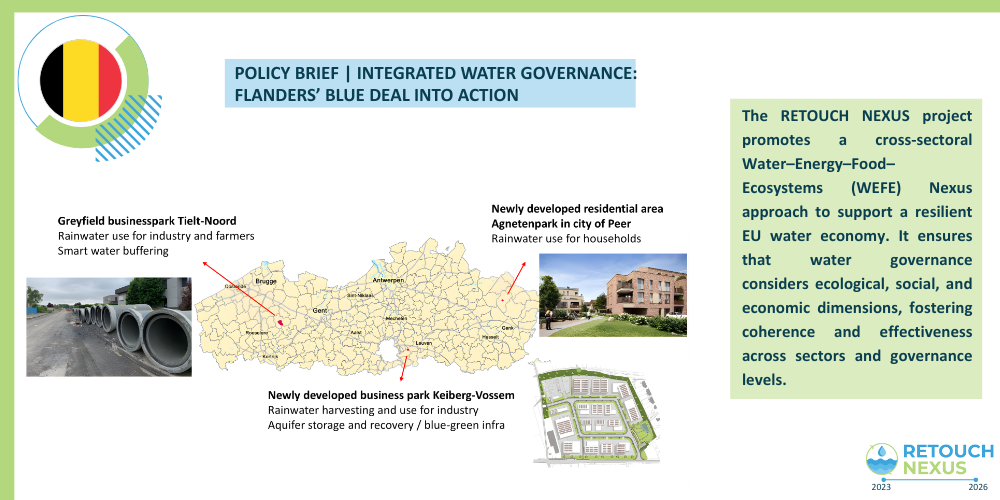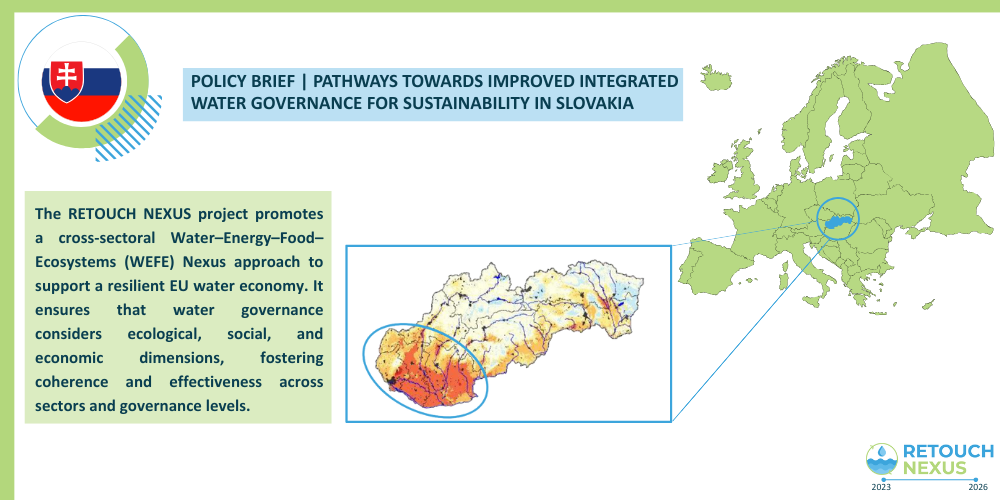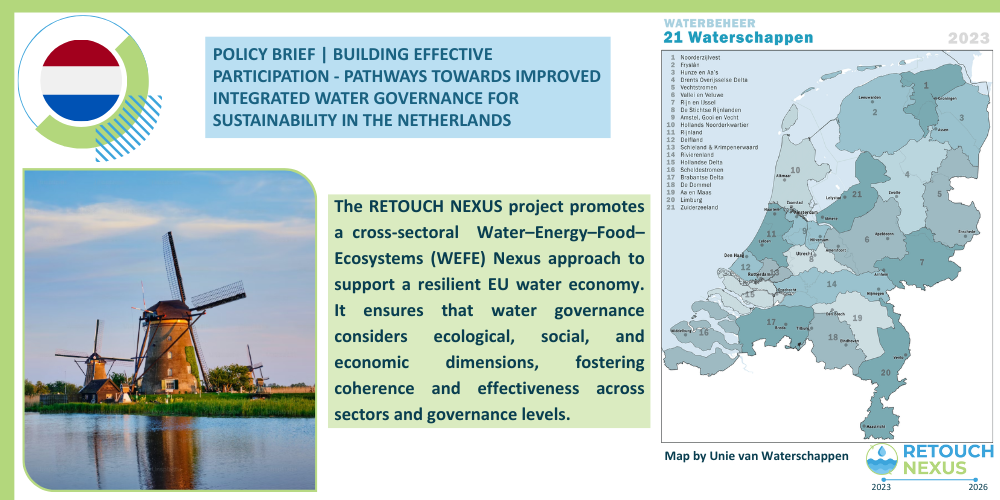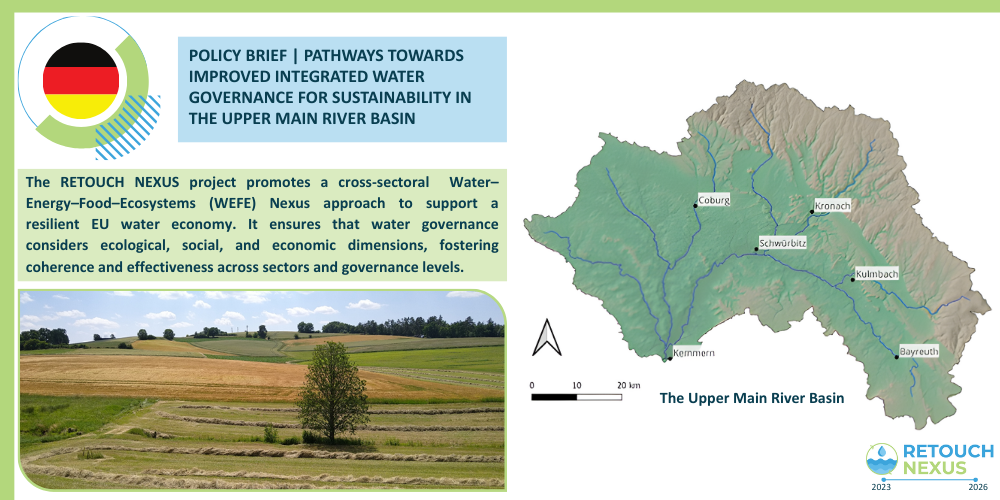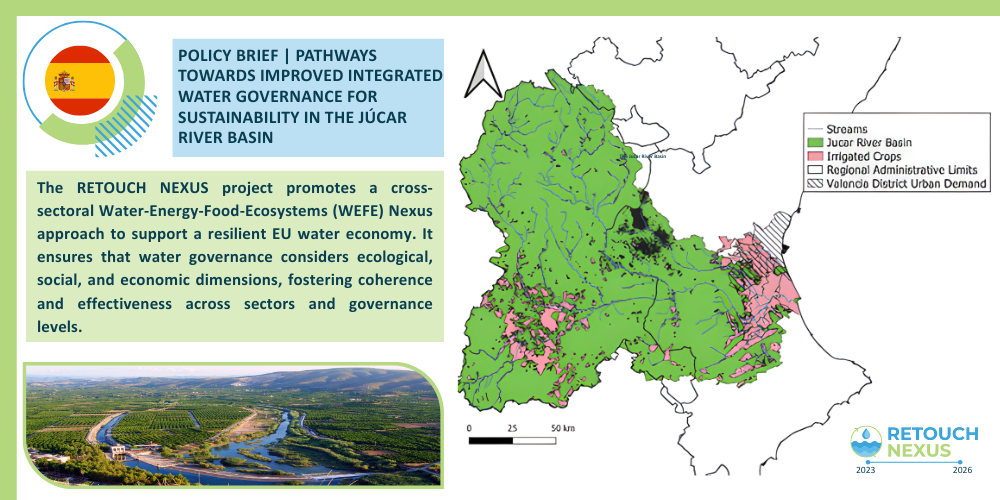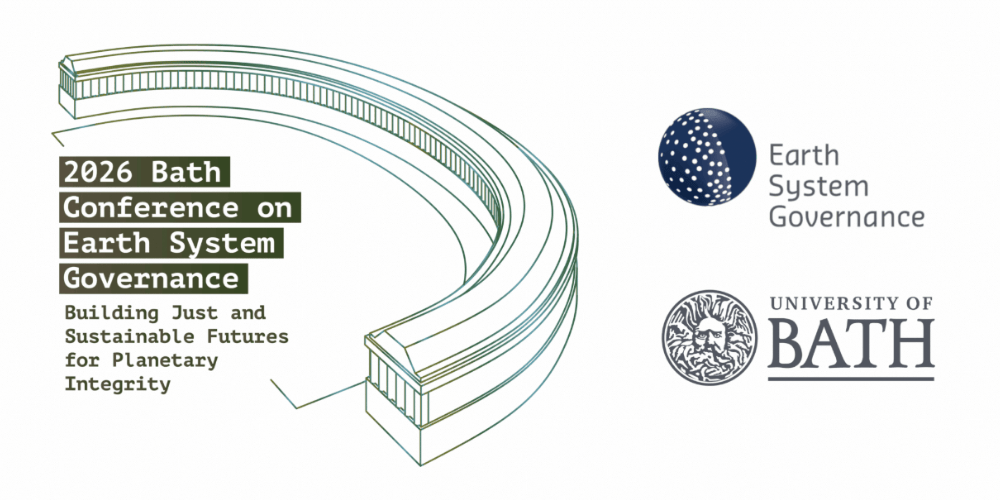Exploring Sustainable Solutions
2nd Regional Stakeholders Forum on Resource Recovery and Reuse
On May 14, our coordinator Maria Vrachioli (from TUM) joined the NexusNet Regional Stakeholders Forum on “Resource Recovery and Reuse in the Water-Energy-Food Nexus for a Low-Carbon Economy” in Rabat (Malta), at the GHAJN – National Water Conservation Awareness Centre. The objective of the forum was to deep dive into the topic of WEFE Nexus application Under Water Circular Economy perspective and resource recovery.
Discover Malta
A Visual Journey Through the Forum in Malta

Pedro Fontes (Águas de Portugal), Durk Krol (Water Europe), Nikolaos Mellios (University of Thessaly), Vojislav Vučićević (CirEkon), Mona Arnold (VTT).
Event Overview
The Significance of the 2nd Regional Stakeholders Forum
In the face of escalating global challenges related to resource scarcity, climate change, and sustainable development, the imperative for innovative solutions becomes ever more critical.
The 2nd Regional Stakeholders Forum on Resource Recovery and Reuse in the Water-Energy-Food Nexus for a Low-Carbon Economy which will be held in Malta on May the 14th, 2024 aims at exploring the dynamic intersection of resource recovery and reuse within the framework of a the WEF-Nexus implementation into practice. It will be hosted by EWA, Water and Energy Agency, Government of Malta.
Focusing on the interconnections between water, energy, and food systems, this Forum seeks to elucidate how a holistic approach can significantly advance the EU green agenda and contribute to the attainment of Sustainable Development Goals (SDGs).
The Forum will feature presentations from experts across diverse disciplines, showcasing successful case studies, cutting-edge research, and practical applications that underscore the transformative potential of the Nexus Approach in addressing contemporary global challenges. The overarching theme revolves around how resource recovery and reuse strategies can propel the EU green agenda forward and its policy transitioning processes while fostering sustainability and contributing to the achievement of SDGs.
Within the framework of resource recovery and reuse, societal health implications stand as a pivotal player under the implementation of the Water-Energy-Food (WEF) Nexus.
With special emphasis on water, wastewater and energy, the integration of sustainable actions, such as reuse and efficient treatment of wastewater, energy production and management, reclaimed water use, management in agriculture practices directly impacts the quality of life for communities. Clean water sources, reduced water pollution, and improved nutritional quality of food contribute to the overall health of populations. Moreover, by engaging local communities in resource recovery and reuse initiatives, there is an opportunity to address health disparities, enhance community resilience, and empower individuals to actively participate in sustainable practices and reduce biodiversity loss.
The WEFE Nexus, with its emphasis on interconnectedness, provides a comprehensive framework for defining net benefits for society. While optimizing resource recovery and reuse across water, the Nexus Approach can create a positive ripple effect on public health. The Forum will delve into case studies illustrating how the WEF Nexus, through its holistic lens, by defining net benefits and dialoguing with local and international stakeholders’ health, equity, fostering community well-being, and contributing to the achievement of Sustainable Development Goals.
Moreover, by recognizing the interconnected nature of ecosystems, the WEF-Nexus becomes also flag for biodiversity conservation through sustainable practices in water management. Strategies that prioritize the preservation of natural habitats, reduce land and water degradation, and promote biodiversity-friendly agricultural practices contribute to maintaining resilient ecosystems.
Forum Location
GHAJN – National Water Conservation Awareness Centre, Rabat, Malta
PROGRAMME OF THE FORUM
The Forum explored:
1. Interconnected Solutions: Highlight the importance of cross-disciplinary collaboration and integrated solutions that address the nexus between water, energy, and food systems. Case studies will exemplify how the WEF-Nexus fosters synergies, resulting in comprehensive and sustainable solutions that advance the EU green agenda while contributing to multiple SDGs.
2. Policy Integration: Examine the role of policy frameworks and governance structures in promoting resource recovery and reuse. Discussions will center around how well-crafted policies can drive the adoption of sustainable practices, aligning with the green agenda and supporting specific SDGs related to water quality and use, energy access, and food security, climate change and global health.
3. Community Engagement and Social Impact: Emphasize the significance of community involvement in resource recovery and reuse initiatives. Case studies will showcase successful community engagement models that not only enhance the effectiveness of sustainability initiatives, but also contribute to achieving SDGs related to social equity, poverty reduction, and community resilience.
